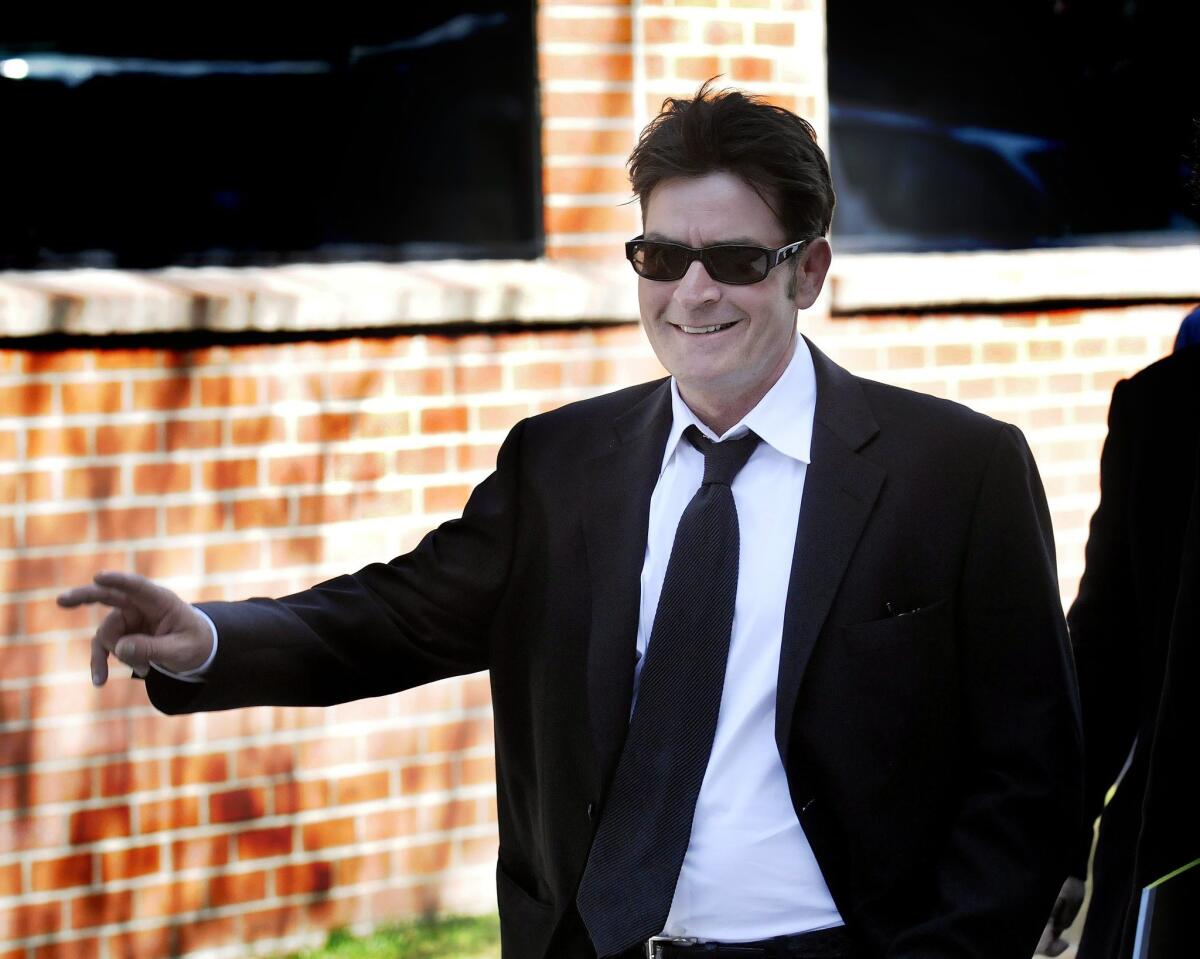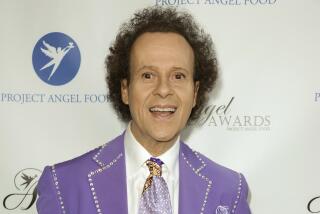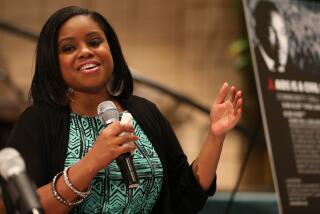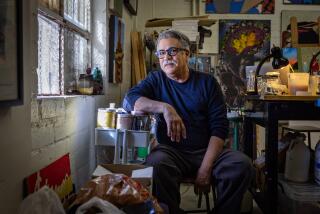Sheen doesn’t want to be HIV ‘poster man,’ but health advocates glad to see disease back in spotlight

Actor Charlie Sheen says he doesn’t want to become the public face of HIV, but those who advocate for people living with the virus say they welcome the public’s attention to the disease.
Charlie Sheen doesn’t want to become the public face of HIV.
But health advocates say they hope the celebrity’s announcement that he’s HIV-positive will focus public attention on the disease and reinvigorate efforts to reduce its spread.
“I’m not going to be the poster man for this, but I will not shun away from responsibilities and opportunities that drive me to helping others,” Sheen said Tuesday in an interview on NBC’s “Today” show.
Treatment of HIV has changed dramatically since the 1990s, when basketball star Earvin “Magic” Johnson Jr. stunned the world with his admission that he was HIV positive. There is still no cure for the virus that causes AIDS, but advancements have made it possible to keep the disease under control with medication.
Experts say the stigma around HIV stops people from getting diagnosed and treated. That contributes to the spread of the disease.
“Thirty-four years into the epidemic, treatments for HIV have advanced considerably, but perceptions regarding people who are positive haven’t,” said Christopher Brown, director of health and mental health services for the Los Angeles LGBT Center.
An estimated 1.2 million people over the age of 12 have HIV, and almost 13% of them have not been diagnosed, according to the U.S. Centers for Disease Control and Prevention.
Advocates for people with HIV say they think Sheen’s announcement will reduce some of the stigma, particularly outside the gay community.
“The fact that he is a heterosexual male playboy, maybe that will speak to certain people that wouldn’t consider this their issue,” said AIDS Healthcare Foundation President Michael Weinstein.
In an open letter, Sheen wrote that he felt shame and anger about his diagnosis, which led him to an “abysmal descent into profound substance abuse and fathomless drinking.”
He told Lauer, however, that he no longer felt that stigma.
“I have a responsibility now to better myself and to help a lot of other people, and hopefully with what we’re doing today, others may come forward and say ‘Thanks Charlie, thanks for kicking the door open.’”
West Hollywood City Councilman John Duran, who is also HIV positive, called Sheen’s announcement a “great first step.”
But, he added, “Now what? What can you do, Charlie, to help?”
Duran said that although Sheen has access to some of the best healthcare in the world, there are many people who don’t. Many of those living in poverty or with mental health issues aren’t getting treatment, and they could be endangering others by having unprotected sex, he said.
Nationwide, an estimated 50,000 people are newly infected with HIV each year, according to the CDC.
Duran said he hoped that Sheen would get behind large-scale public health efforts to reduce the spread of HIV. In January, West Hollywood pledged to become a “zero-transmission” city by 2017, joining San Francisco and New York in a promise to completely eliminate transmission of the virus.
That has required a multi-pronged approach, Duran said, including educating people about Truvada – a daily pill that can prevent HIV infections – and advertising the medicine on online hookup sites such as Grindr. Working with physicians and reaching out to the homeless population is also important.
“Charlie can be a big part of that if he decides to get into the fray,” he said. “I hope that he takes the next steps.”
Weinstein said he hoped that Sheen’s announcement inspires more men to use condoms. He said he thinks people are engaging in more risky sexual behaviors now that fear about the AIDS epidemic has died down.
“We’re a victim of our own success,” he said. “Treatment is highly successful, and we’re not watching people die of AIDS, so we’re not as scared as we were, so people are taking more risks.”
Los Angeles County is home to 62,800 people infected with HIV, approximately 13,500 of whom are undiagnosed, according to the CDC. About 1,850 people in the county contract the virus every year.
“To the degree that it’s disappeared from the front pages of newspapers and people think that it’s handled, I think the news could have some benefit, even though it’s a personal crisis for him,” Weinstein said.
Follow @skarlamangla on Twitter for more health news.
More to Read
Start your day right
Sign up for Essential California for news, features and recommendations from the L.A. Times and beyond in your inbox six days a week.
You may occasionally receive promotional content from the Los Angeles Times.







